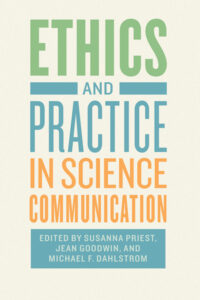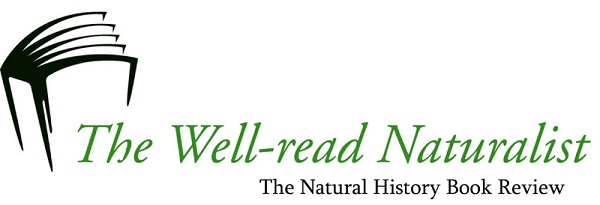 When it comes right down to it, science communication is a modern development in the ancient art of rhetoric. However as rhetoric is, at its heart, interested in how an audience may be convinced of a writer’s or speaker’s argument, the question eventually must be asked as to what ethical considerations must be taken into account when communicating scientific information to an audience.
When it comes right down to it, science communication is a modern development in the ancient art of rhetoric. However as rhetoric is, at its heart, interested in how an audience may be convinced of a writer’s or speaker’s argument, the question eventually must be asked as to what ethical considerations must be taken into account when communicating scientific information to an audience.
In their new Ethics and Practice in Science Communication, editors Susanna Priest, Jean Goodwin and Michael F. Dahlstrom have assembled a collection of essays and case studies on the subject designed to inspire reflection upon and further discussion of such questions as:
- Has the science been shared clearly and accurately?
- Have questions of risk, uncertainty, and appropriate representation been adequately addressed?
- What is the purpose of communicating science to the public: Is it to inform and empower? Or to persuade—to influence behavior and policy?
As the implications of how these questions are answered are so intriguing to me – as I assume they also are to anyone involved in scicomm – I’m very much looking forward to discovering what the contributors to this new book have to teach about the subject.
